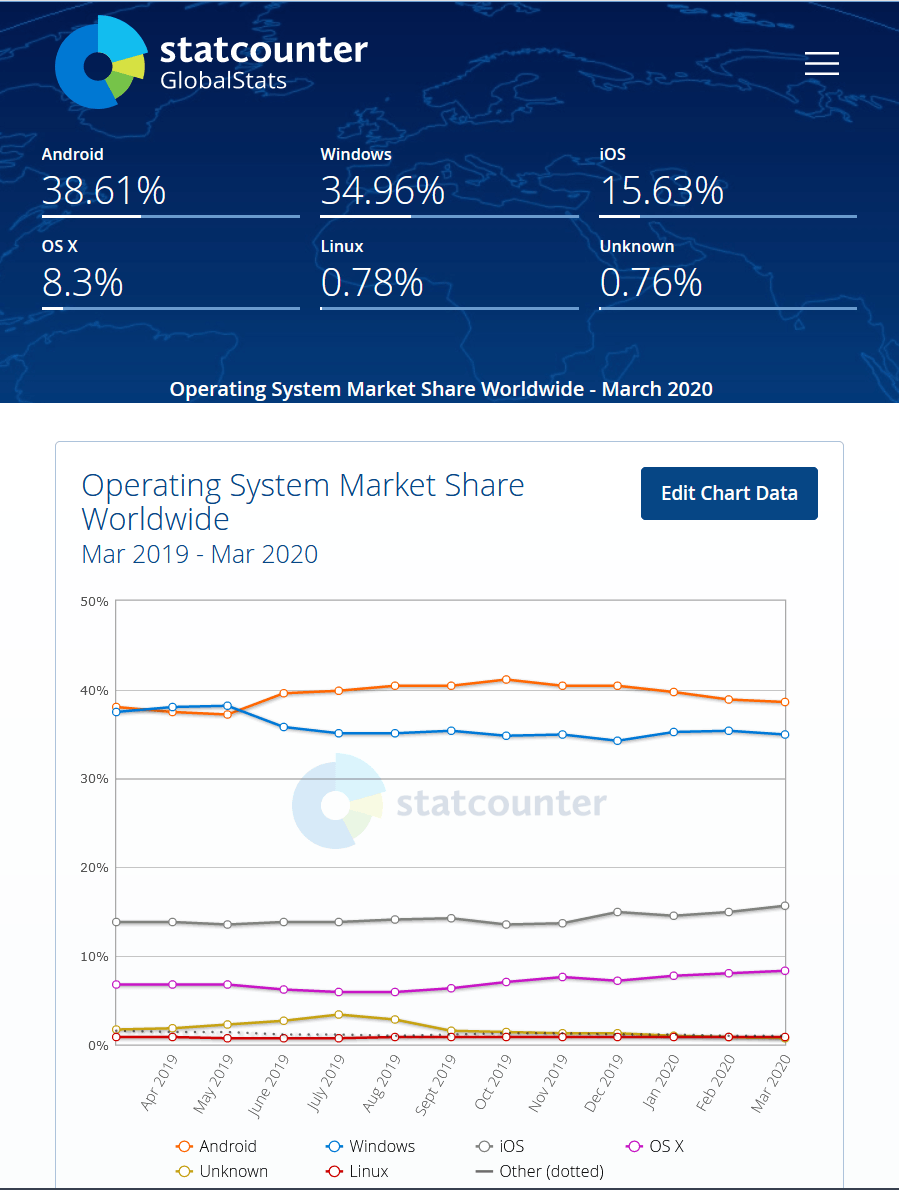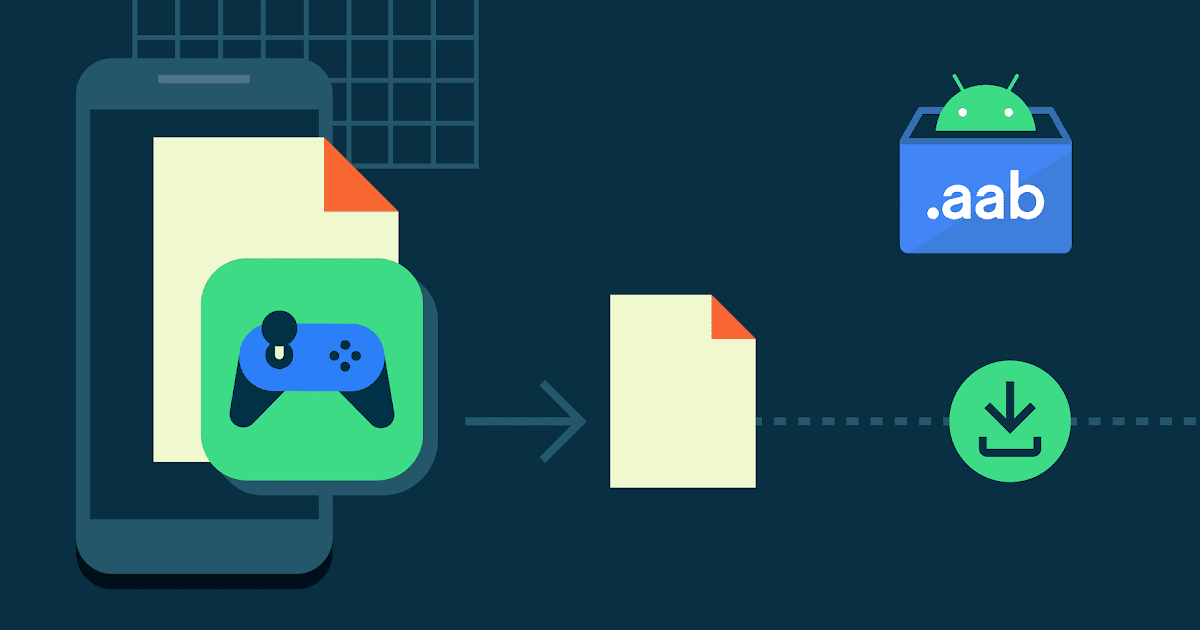

Blogs have become one of the most effective outlets for teaching and learning about all things computer science and computer programming. While some computer science blogs are made up of the interesting musings of various tech types, others are helpful how-to’s covering everything from building a website to building a computer. Despite their many differences, the best blogs are entertaining, informative, and well-written. Keep scrolling for this year’s rundown of the top 30 computer science and programming blogs!
11011110
To come up with a name for his blog, U.C. Irvine professor David Eppstein interpreted his initials as the hexadecimal number oxDE, then converted the result to binary. 11011110 is the result. Anyone interested in computer science is sure to find Eppstein’s posts both entertaining and informative. He writes on just about everything, always from a computer science perspective. Recent articles include “The Constructive Solid Geometry of Piecewise-Linear Functions,” “Arc-Triangle Tilings,” and “How Good is Greed for the No-Three-in-Line Problem?”
Better Programming
Better Programming is a collective blog written by myriad contributors. Upwards of 30 new posts are published each week, on topics like code tutorials, programming, and even coffee. Recently published articles include “How to Write Clean Code in Python,” “What the Heck Is a Developer Advocate?,” and “How I Prioritize My Work as a Software Engineer.”
bit-player
Despite claiming to be the thoughts of an amateur on computation and mathematics, bit-player is actually authored by Brian Hayes, the one-time “Computing Science” columnist at American Scientist. Hayes’s posts are always based in computer science, yet cover such topics as biology, linguistics, neuroscience, and social sciences. Some of bit-player’s most recent posts include “Foldable Words,” “We Gather Together,” and “More Questions About Trees.”
CodePen
CodePen is the blog of Tim Sabat, Chris Coyier, and Alex Vazquez. The three post weekly about the ins and outs of running a software business. Recent posts include “Support Success,” “Moving Lines/Blocks of Code..,” and “Team Management Improvements.”
CodeWall
CodeWall is the work of British web developer Dan Englishby. The blog features articles on such topics as JavaScript, HTML/CSS, and PHP, among other things. Just about everything is written as a useful, in-depth tutorial that will appeal to both experienced coders and those who are just learning. Recent posts include “Generating Laravel Seeder Code with Excel,” “4 Ways to Get the Laravel Version,” and “Laravel LDAP Authentication Tutorial Using Adldap2-Laravel.”
Codrops
The subtitle of the blog Codrops is “Useful Resources and Inspiration for Creative Minds.” Each week, multiple posts are published by multiple writers on topics ranging from the latest web trends to tutorials and techniques. Recent articles include “Trigonometry in CSS and JavaScript: Beyond Triangles,” “How to Code a Crosshair Mouse Cursor with Distortion Hover Effect,” and “How to Create an Appointment Scheduling Platform…”
Combinatorics and more
Combinatorics and more is the blog of Gil Kalai. Since the blog’s inception in 2008, Kalai has published hundreds of posts on topics ranging from applied mathematics and probability, to computer science and optimization and everything in between. There’s even a category for poetry! Recent posts include “To Cheer You Up in Difficult Times 24: Borodin’s Colouring Conjecture!,” “The Probabilistic Proof That 2^400-593 is a Prime…,” and “What Is Mathematics (or at Least, How it Feels).”
Communications of the ACM
Far more than just a blog, Communications of the ACM is an entire online publication dedicated to all aspects of computing and information technology. Both blog entries and news articles are posted directly to the site, but the blogroll contains links to other blogs that may be of interest to the aspiring programmer and computer scientist. Recent posts include “Collusion Rings Threaten the Integrity of Computer Science Research,” “Charles Babbage and the Loom,” and “Dynamics of Gender Bias in Computing.”
Computational Complexity
Computational Complexity is a fun and popular computer science blog written by computational theorists Lance Fortnow and Bill Gasarch. The highly technical blog posts immerse the reader in topics, events, and public figures spanning both computer science and mathematics. Recent posts include “What Happened to Self-Driving Cars?,” “What Is a Natural Question? Who Should Decide?,” and “Does the University Matter?”
Computer Science Teacher
A must-read for any teacher, Computer Science Teacher is the personal blog of educator Alfred Thompson. Thompson writes about all things related to teaching computer science as part of the K-12 curriculum, and posts include thoughts on coding problems, announcements of competitions, and interesting updates from computer and tech companies. “Trip Report: Teaching as a Long Term Sub,” “Learning From My Students,” and “Learning to Teach to Learn” are all recent posts.
Computing Education Research Blog
Computing Education Research Blog is perhaps the most definitive and current resource on computing in K-12 education. Worth the bookmark for anyone involved in education and computer science, Computing Education Research Blog offers thoughts on pedagogy, political resistance to teaching computing skills, and upcoming conferences, mainly. Recent posts include “The Bigger Part of Computing Education is Outside of Engineering Education,” “Embodiment in CS Learning…,” and “Become a Better CS Teacher by Seeing Differently.”
David Walsh Blog
Computer scientists and programmers interested in JavaScript will want to bookmark the David Walsh Blog. Walsh and a variety of guest bloggers publish posts focusing on modern libraries, shortcuts for programming in JavaScript, and helpful tutorials, among some other things. Recent posts include “How to Restart a BAT File on Windows at an Interval,” “Not All Advice is Good Advice,” and “Prevent Windows from Sleeping.”
Embedded in Academia
Embedded in Academia is the popular blog of John Regehr, a professor of computer science at University of Utah. Though most of Professor Regehr’s blog posts are academic in nature and relate to computer science and programming, others are of a more personal nature, such as a recap of a hiking trip taken to Utah’s San Rafael Swell. Some of Embedded in Academia’s recent articles include “Responsible and Effective Bugfinding,” “LLVM-Reduce,” and “Things You Can and Can’t Do with Undef in LLVM.”
The Endeavor
The Endeavor is the popular computer science-themed blog of John Cook, a former math professor and programmer who has transitioned into consulting. Pragmatic and accessible, The Endeavor gives readers a sense of how they might combine their programming skills with business, and/or use those skills to solve real world problems. Recent blog posts include “Fourier, Gauss, and Heisenberg,” “More Readable Lambda Calculus,” and “What Does RIPEMD Stand For?”
Freedom to Tinker
Freedom To Tinker is an active and popular blog hosted by Princeton University’s Center for Information Technology Policy. A slew of brilliant contributors post on all matters relating to digital technologies and computing. While some articles focus directly on computer science, others view computer science as part of a bigger computing world. Recent posts include “New Hampshire Election Audit,” “Phone Number Recycling Creates Serious Security and Privacy Risks to Millions of People,” and “Internet Voting is Still Inherently Insecure.”
Gödel’s Lost Letter and P=NP
Named for the famous letter in which mathematician Kurt Gödel was the first to state the P=NP question, Gödel’s Lost Letter and P=NP is a blog all about — you guessed it — P=NP and other questions relating to the theory of computing. The blog posts are written by Dick Lipton, a professor of computer science at Georgia Tech, and Ken Regan, a professor of computational complexity theory at University at Buffalo (SUNY). Posts cover a variety of topics within the theory of computation, and recent articles include “The Voting Paradox,” “Hilbert Tenth on Rationals,” and “Matrix-The Meeting.”
Knowing and Doing
Knowing and Doing is the blog made up of “reflections of an academic and computer scientist” — that is, of Eugene Wallingford at the University of Northern Iowa. In addition to the subject of computer and software development, Knowing and Doing also includes posts on teaching computer science and its use in business and management. Other posts are short musings on outlying topics, sometimes containing nothing more than a quotation that Wallingford has found interesting. Recent posts include “Sometimes You Have to Just Start Talking,” “I Didn’t See the Checkered Flag,” and “Find Your Passion? Master Something.”
Lambda the Ultimate
The subtitle of the popular blog Lambda the Ultimate is “The Programming Languages Weblog.” A number of computer scientists from both industry and academia contribute to this blog, and nearly all of the blog posts fall under the topic of programming languages. Lambda the Ultimate is also one of the most interactive blogs, with each post prompting dozens of comments and replies. Recent articles include “Google Announces Logica,” “Coq Will Be Renamed,” and “LAMBDA: The Ultimate Excel Worksheet Function.”
Matt Might
No list of the top computer science blogs would be complete without Matt Might’s blog. This massive collection of articles is published as a list with various subcategories, such as “Functional Programming” and “HOWTOs.” The blog posts cover a range of topics, and are written in language that is accessible to the professional or the lay audience. Recent posts include “HOWTO: Get Tenure,” “Counting Hash Collisions with the Birthday Paradox,” and “Low-Level Web Programming in Racket.”
MIT Technology Review
Not surprisingly, Massachusetts Institute of Technology’s blog, MIT Technology Review, is a rich source of information relating to computer science and programming. Myriad authors contribute to the blog, and specific topics include everything from social media trends and artificial intelligence, to climate change and blockchain, and everything in between. Recent article topics include the ransomware crisis, the anniversary of Tiananmen Square, and Trump’s Facebook ban.
My Biased Coin
My Biased Coin is the work of Michael Mitzenmacher, and he describes the blog as his “take on computer science — algorithms, networking, information theory, and related items.” Posts are published once or twice a month, and recent articles include “Machine Learning for Algorithms Workshop” and “ADAPT: Designing Activity-Informed Viral Diagnostic Assays.”
Process Algebra Diary
Process Algebra Diary is the blog of Luca Aceto. It covers various papers and process reports about Process Algebra, plus some other “fun stuff in Mathematics and Computer Science at large and on general issues related to research, teaching and academic life.” Recent blog posts include “Frank P. Ramsey on Research and Publication Rates,” “Course on Ethics and Accountability in Computer Science,” and “Article by Sergey Kitaev and Anthony Mendes in Jeff Remmel’s Memory.”
Scott Hanselman’s Blog
Scott Hanselman is the very popular mind behind the Scott Hanselman Blog. Scott publishes about six new posts each month on topics ranging from “the Zen” of computers, to user experience, to programming, and everything in between. Recent posts include a tutorial for running Microsoft Edge on Linux, getting started with C# as a beginner, and the Visual Studio Code REST Book extension for Notebooks.
Semantic Domain
Semantic Domain is the computer science and programming blog of Neel Krishnaswami. Aesthetically simple, yet interesting for both professionals and the layman, Semantic Domain features Krishnaswami’s thoughts on mathematics, computer science, and a few other niche topics. Recent posts include “Five (and a Half) Derivatives in Language Theory,” “TypeFoundry: New ERC Consolidator Grant,” and “Church Encodings, Inductive Types, and Relational Parametricity.”
Shtetl-Optimized
Scott Aaronson is the MIT-based theoretical computer scientist behind Shtetl-Optimized. Aaronson regularly blogs about computational complexity and quantum computing, while also posing more general thoughts on the relationships between computer scientists, industry, politics (fair warning: he’s anything but neutral), and the general public. Recent blog posts include “In Which I Answer More Quantum Computing Questions,” “On Turning 40 Today,” and “The Easiest Exercise in the Moral Philosophy Book.”
Stack Abuse
Stack Abuse is a popular computer science blog written for software engineers and web developers, both pro and amateur. About six new posts are published each week on the topics of industry news, tutorials, innovative ideas, and so much more. Recent posts include “Searching and Replacing Words in Python and FlashText,” “Template Method Design Pattern in Python,” and “How to Get the Current Date in JavaScript.”
Treehouse
Treehouse is certainly one of the best blogs for any student looking to learn directly from the web. The authors introduce themselves as teachers, and their posts frequently contain step-by-step instructions on how to accomplish computing tasks. Recent “how to”s include “Course of the Week: Intro to Design Thinking,” “Best Beginner Course for JavaScript,” and “The Problem With Zoom’s New ‘Captions.’”
Turing’s Invisible Hand
With a title that references the great Alan Turing, it should come as no surprise that Turing’s Invisible Hand is a blog dedicated to all things computation, economics, and game theory. Since its inception in March 2009, Turing’s Invisible Hand has featured hundreds of articles on these topics. Recently posts include information on upcoming conferences, a call for papers, and virtual course summaries.
What’s New
What’s New is the work of Terry Tao, a mathematician whose work is frequently relevant for computer scientists and computational theorists. Most of Tao’s posts are highly technical mathematical demonstrations relating to his current research and expository papers, although he also posts open problems and other math-related topics. While the layman may be a little lost whilst exploring What’s New, the serious student of computer science or math is sure to find Tao’s articles a challenging, yet fruitful, endeavor. Recent posts include “Singmaster’s Conjecture in the Interior of Pascal’s Triangle,” “Goursat and Furstenberg-Weiss Type Lemmas,” and “Is There a Non-Analytic Function with All Differences Analytic?”
Windows on Theory
Although Windows on Theory was started by a group of theoretical computer science researchers at Microsoft Research Silicon Valley (MSR-SVC), the blog’s list of authors now includes a slew of other theoretical researchers from around the country. The blog describes its purpose as “a forum for exchanging ideas and debating topics of interest to the Theory of Computing.” Always topical, Windows on Theory’s recent posts include “New Seminar Series in Simons Institute,” “Workshop on Local Algorithms,” and “STOC Test of Time Award.”
[“source=computersciencedegreehub”]





